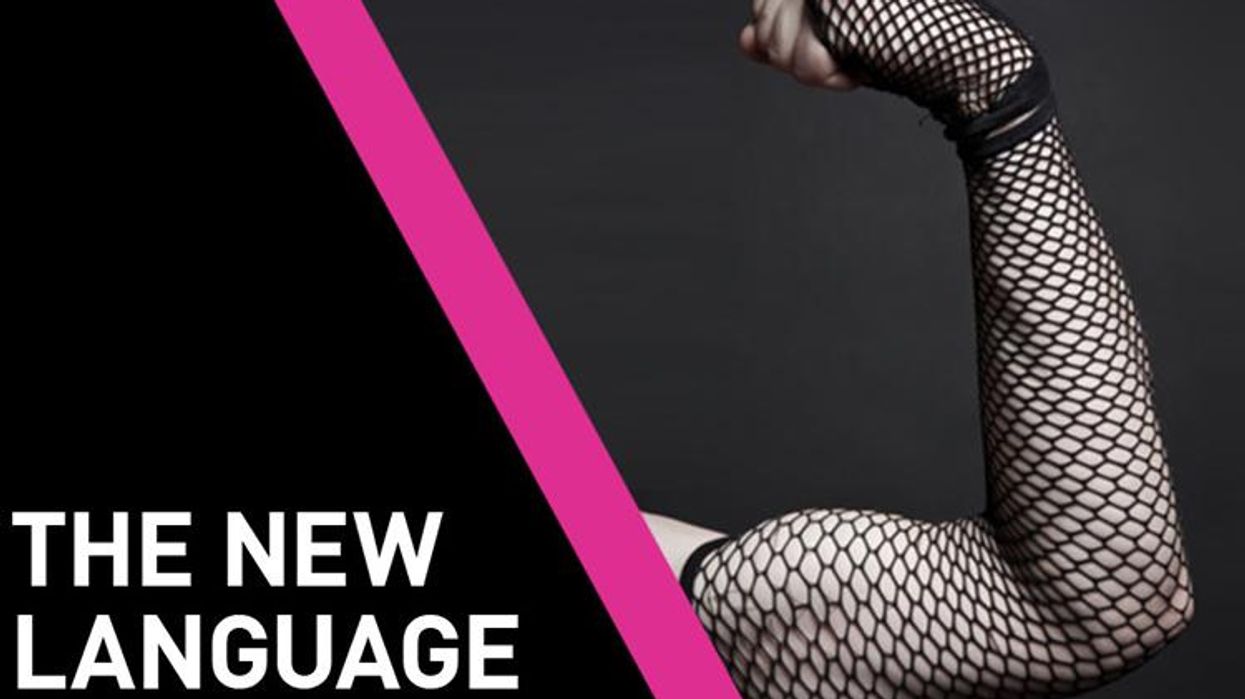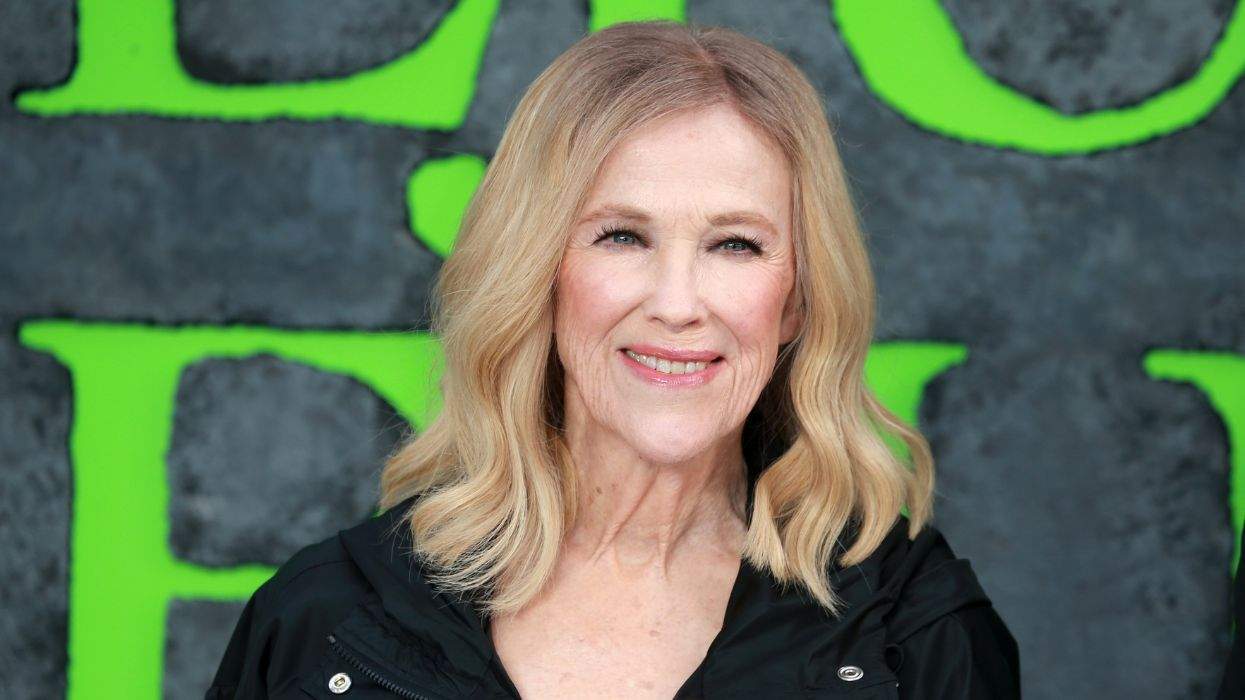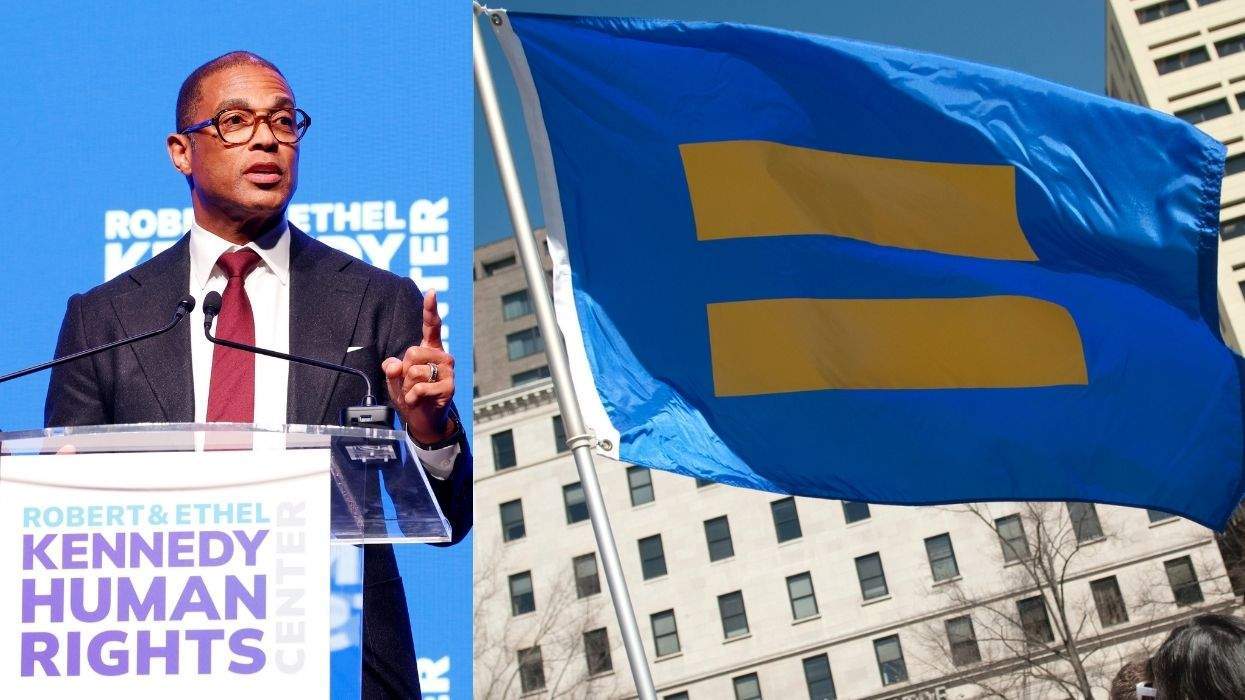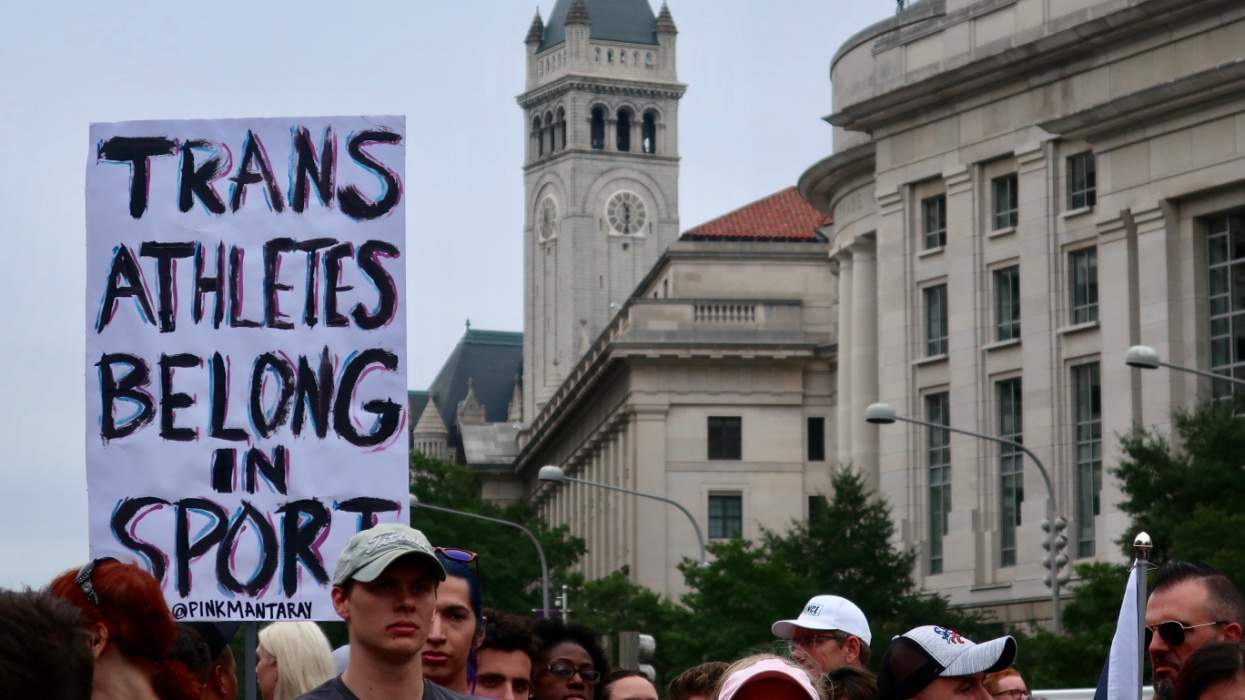Chances are you've seen the shifts online.
"What pronouns do you use?" asks someone on Facebook.
Or perhaps you've observed that someone self-identifies with the pronouns "they/them," and you murmur: "Hmm ... that usage isn't like my grammar lessons!"
Or maybe you've seen a few unfamiliar designations for gender: terms like "agender," "omnigender," "bigender," or "gender-fluid."
A New York city-based marketing consultancy called sparks & honey (which prefers the lowercase lettering) that helps businesses become more culturally relevant has released a new, must-get report on these shifting usages, which it calls the "new language of gender." The report urges companies to educate themselves about new gender usages as they update their advertising and branding so that products and services reach new, sophisticated consumers. So much about good business comes down to marketing language, sparks & honey suggests. Understanding how the unprecedented attention to transgender and gender-nonconforming people's experiences has shaped "memes, viral videos, trends, products, and cultural signals" is great for business, the report implies.
But , within the report there is a thought bomb that explodes beyond present society's rigid binaries of masculine and feminine. Even pop culture's newest transgender obsession, Caitlyn Jenner, seems deeply wedded to these binaries in her problematic recent declaration that "if you look like a man in a dress, it makes people uncomfortable." This thought bomb is summed up by a key reference in the report:
"The real promise of the transgender movement is not the freedom to figure out ways to become more fully male or fully female, but rather freedom from gender entirely," says Shannon Gilreath, a law professor at Wake Forest University.
The report is unprecedented in its focus on the way "binaries are melting away" and it acknowledges the radical nature of "the freedom from gender entirely" when at one point it asks the following pivotal question:
"Transgender and genderqueer people have shifted culture away from the idea of rigid binary genders, and the implications are massive: How will the worlds of law, politics, media, tech, marketing and advertising, fashion, design, art, architecture, music, beauty, healthcare, and sports change if the categories of man and woman are deconstructed or eliminated altogether?"
The answer to this question may not be presently known, suggests the report. But the changes are already nigh. By describing what they call this "seismic shift" and making recommendations for updated usages, the authors hope to encourage businesses to become "allies" of "gender revolutionaries."
The report begins by pinpointing the root meaning of gender that has grown in importance over the last 25 years. A slideshow preview of the report paraphrases a statement by the gender theorist Judith Butler from her 1990 book Gender Trouble: Feminism and the Subversion of Identity: "Masculine and feminine roles are not biologically fixed, but socially constructed." The report further maintains that, "Gender is not the sex we're assigned at birth based on things like genitals and XX or XY chromosomes. Gender is also not sexual orientation, or who you desire sexually."
In other words, gender is not a natural state and nor is it only about erotic or romantic behavior; rather, it is constructed by our ideas, language, and values. Humans may be born with certain anatomical and physiological differences -- differences that doctors call "sex." But humans also assign the labels and language that identify and ascribe meanings to those differences -- and those meanings identify or express a wide array of ever-shifting approaches.
"From the time we're born, we're bombarded with cultural messages about how to look and behave as girls or boys," the report explains, and these "cultural messages" are incredibly deterministic, governing how "parents, school teachers, media" treat us. And seemingly endless stereotypes abound, the report explains: "Boys don't cry. Real mean don't wear pink. Women shouldn't swear. Real women have curves."
Consequently, "gender," the report says, "is hard work." Much of this hard work comes from not being able to self-determine one's identity and expression. The report argues that businesses must join with trans and gender-nonconforming people to become allies in embracing self-determinations of gender.
Yet, tellingly, when it comes to new gender usages, the report notes that some people are "doing it right" and others are doing it wrong. It cites Piers Morgan's disastrous 2014 television interview with Janet Mock in which he and CNN sensationalized her gender identity in advertisements for the television broadcast of the interview, and then on Twitter berated Mock for critiquing Morgan about his willful bastardization of her self-determinations and his constant deadnaming (which means doggedly referring to the old name that trans and gender-nonconforming individuals have discarded as we drive to be our true selves).
The report also implies that not all self-determined identifications and expressions should be treated the same, and ignoring this is another way of doing the language of gender wrong. For example, even when these identifications overlap, the report makes clear that gender is not the same as sexual orientation. It is also not the same as race. As with the case of Rachel Dolezal, an otherwise well-intentioned antiracist white woman social justice advocate who identifies as black, there are considerable risks to conflating the possibilities of gendered self-determination with racial self-determination. White attempts to become black may not adequately be conscious of white privilege and the ways that adopting the mantle of oppressed blackness is quite different from self-determining gender. The report advocates becoming ever-more "conscious" allies, and "conscious branding" is a continual focus of sparks & honey.
One of the most important emphases of sparks & honey's work is its focus on data-driven analyses of cultural trends and its entreaty that businesses "move from a paid media and campaign-centric world to a content and culture-centric world." In keeping with these emphases, the report includes data-rich charts and illustrations that colorfully present the range and spectrums of gender identities and the history of gender language use in popular culture.















